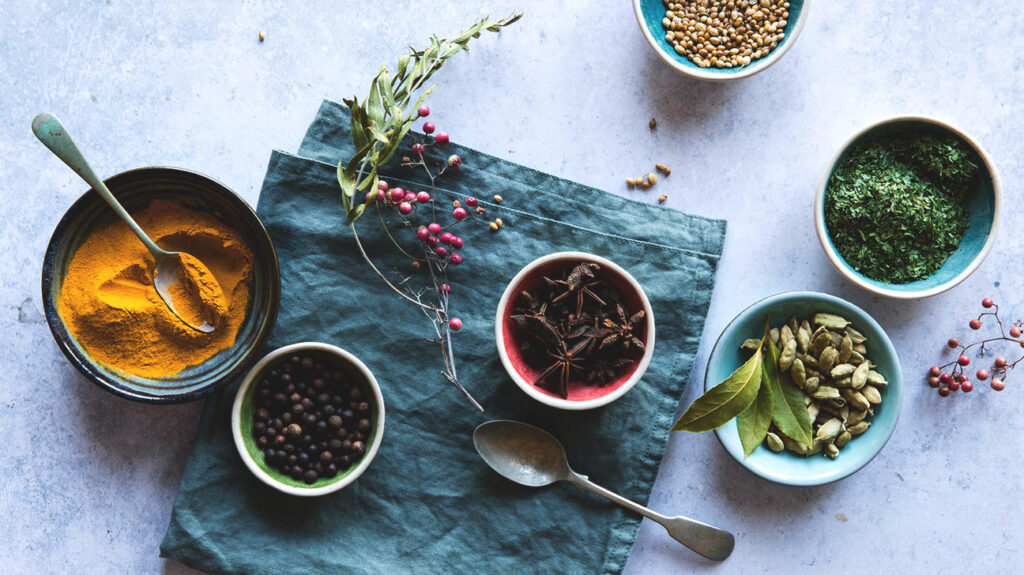Food as Medicine for Type 2 Diabetes: Hype or Hope? Taking a Nuanced Bite
For decades, the tantalizing concept of “Food as Medicine” has held its grip on the healthcare world, promising to treat chronic diseases like Type 2 diabetes with a simple prescription of fresh produce and whole grains.
But a recent study throws a curveball, leaving patients and professionals wondering if this delicious dream is merely wishful thinking. Is food truly the ultimate cure-all, or is it time to take a realistic bite and re-evaluate its potential?
Tip: Please fill out the form if you or a friend would like more information on glucose monitors.
Imagine grappling with both Type 2 diabetes and food insecurity, constantly balancing a tight budget with surging blood sugar levels.
This was the harsh reality for hundreds of participants in a groundbreaking study designed to unlock the “Food as Medicine” magic.
Researchers showered them with healthy groceries, expert guidance, and personalized coaching, hoping to witness a dramatic transformation.
After six months, the results were, well, underwhelming. No significant dip in blood sugar, and surprisingly, a slight weight gain.
This isn’t the first time healthy food interventions have stumbled. Remember the program offering ten free “superfood” meals a week? While it nudged HbA1c levels down a notch, it wasn’t enough to declare victory.
Similar studies have painted a confusing picture – some hinting at benefits, others leaving us scratching our heads.
Read Guide about Wegovy Dosage Guide: The Best Way For Weight Loss
So, where do we stand? Should we abandon “Food as Medicine” altogether? Not so fast. While this study casts doubt on its efficacy for immediate glycemic control, it highlights a crucial truth: food impacts our health far beyond mere blood sugar numbers.
Think of it as planting a seed. Just because a vibrant flower doesn’t sprout overnight doesn’t mean the seed isn’t quietly taking root. Engaging with healthy food, even if it doesn’t magically cure diabetes, can yield unexpected benefits:
- Healthcare Engagement: More doctor visits and proactive management might not bring immediate drops in blood sugar, but they build crucial long-term habits.
- Diet Quality Boost: Swapping processed junk for vibrant veggies and whole grains is a win-win, even if the HbA1c stays put. Improved nutrition nourishes overall health.
- Well-being Surge: The ripple effects of good food extend far beyond charts and graphs. Increased energy, improved mood, and a sense of empowerment are valuable rewards.
This study serves as a wake-up call, urging us to move beyond simplistic claims and delve deeper into the intricate dance between food, health, and individual circumstances.
Instead of chasing quick fixes, it’s time to embrace a nuanced, long-term approach that acknowledges the power of food while recognizing its limitations.
Must Read CGMs in noncritical care hospitals optimizes glycemic control
Here’s the critical takeaway: Food can be a powerful tool in managing Type 2 diabetes, but it’s not a one-size-fits-all magic bullet. Personalized plans, ongoing support, and a realistic understanding of its potential are key to unlocking its true benefits.
So, let’s keep exploring, keep researching, and keep nurturing the seeds of health, one delicious bite at a time. Remember, it’s not just about what you eat, but how you eat it, and how it fits into your unique story. Let’s move beyond the hype and explore the hope, together.
Also, read about Healing a Stubborn Diabetic Foot Ulcer
Further Exploration:
- Individualized Meal Plans: This article briefly mentioned personalized plans. We could delve deeper into how tailoring dietary interventions to specific needs and preferences can lead to better outcomes.
- The Microbiome Connection: Emerging research suggests the gut microbiome plays a crucial role in managing Type 2 diabetes. We could explore how certain foods can nourish beneficial gut bacteria, potentially enhancing overall health.
- Cultural and Socioeconomic Factors: Access to fresh, healthy food varies greatly across communities. We could highlight the importance of addressing food insecurity and promoting culturally appropriate dietary interventions.


